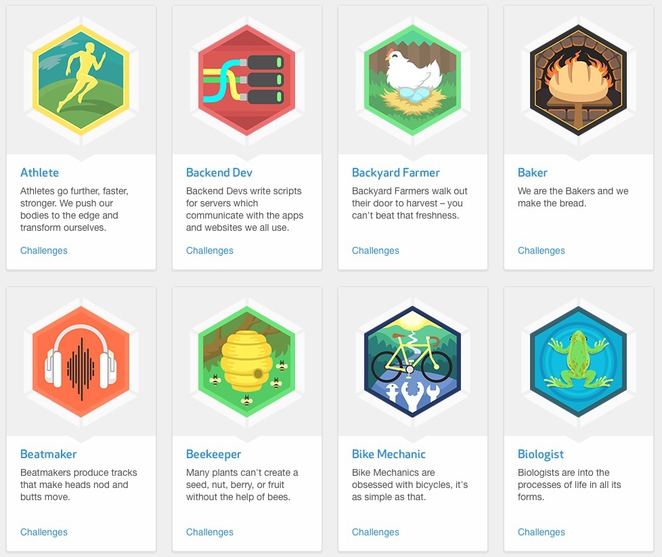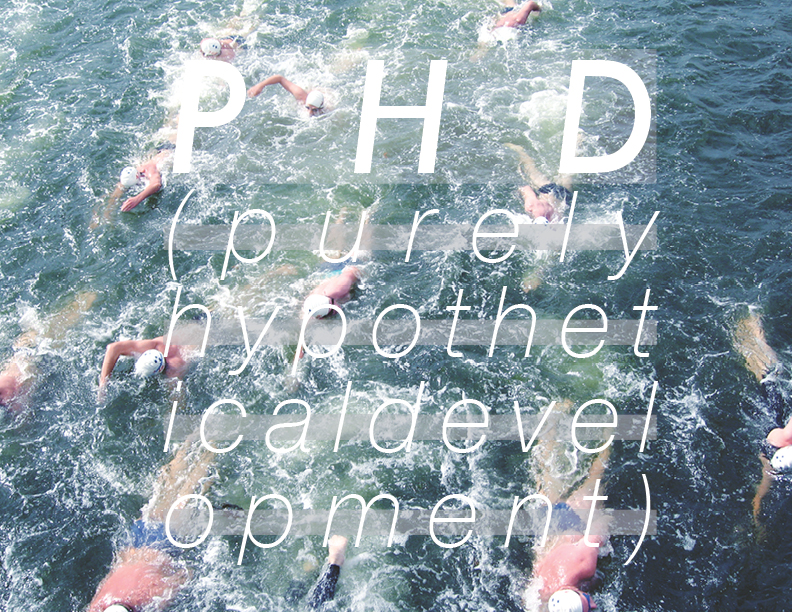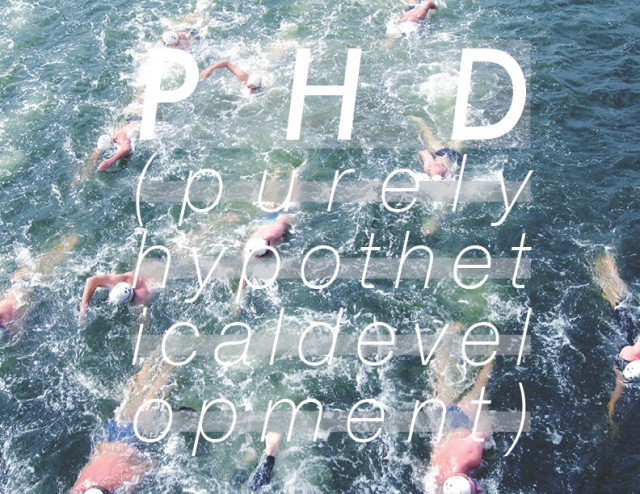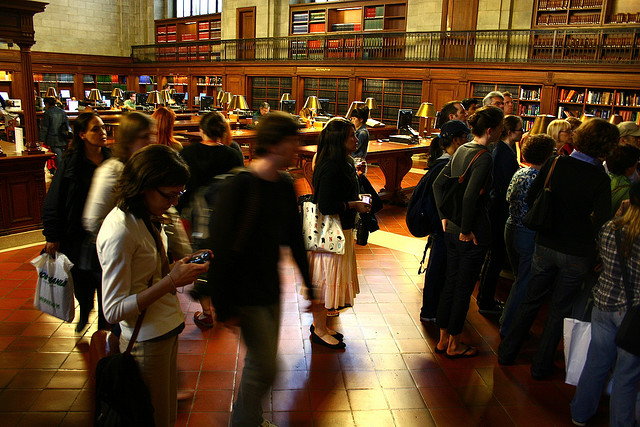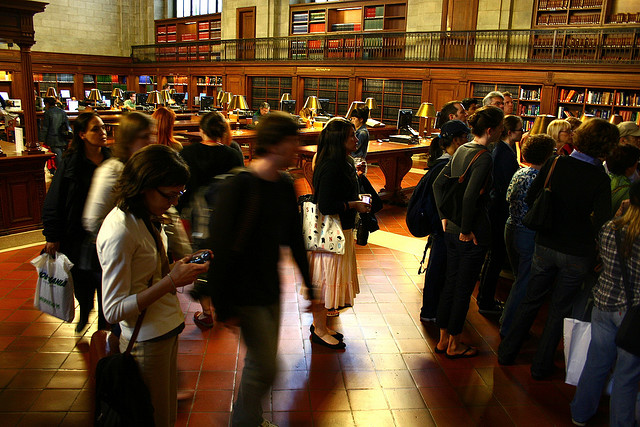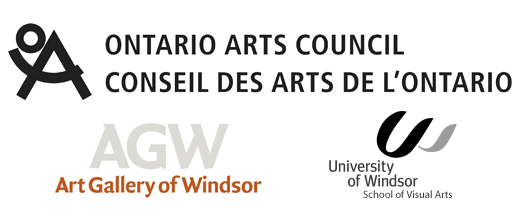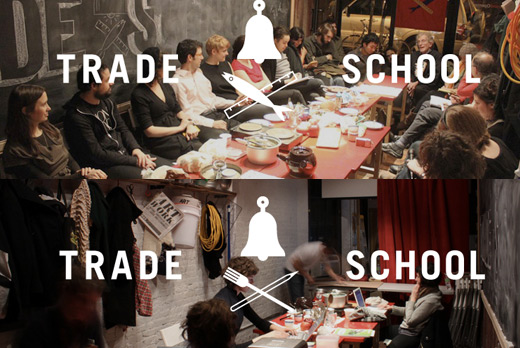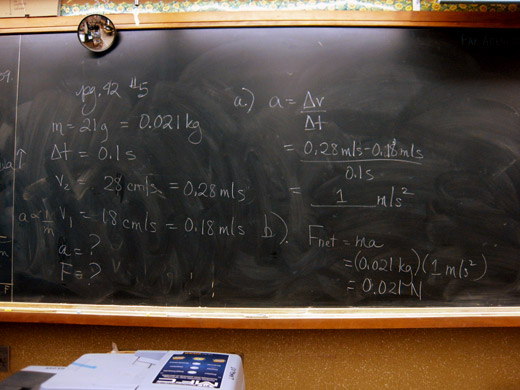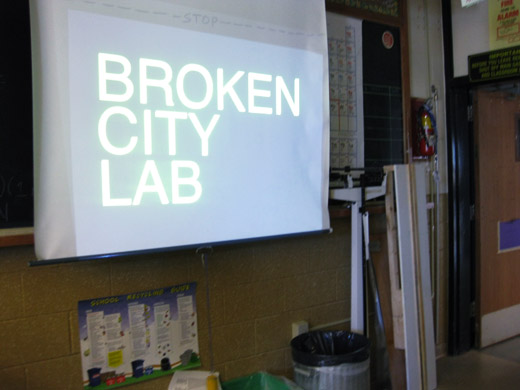
After a long wait, we’re very excited to announce the (working) schedule for our upcoming conference, Homework: Infrastructures & Collaboration in Social Practices! We’ll be updating this page with information regarding the venues shortly.
Please note that the following is subject to change, but this is what we’re planning so far:
Introducing Homework: 9am
with Justin A. Langlois, Research Director, Broken City Lab.
Panel #1: Education: 9:30am
Unpacking the artist’s role in education and beyond educational institutions, what art education does and could look like, the changing roles of student and educator, and the dissemination of knowledge through creative praxis.
Heather Davis
Stephanie Springgay
Amber Yared
Elizabeth Underhill & Stacey Sproule
Panel #2: Collaboration: 11am
Examining resistance through collaboration, models for processes and participation, collaborative possibilities across disciplines, and collaborations with communities.
Yael Filipovic
Tim Maly
Markuz Wernli Saito
Labspace Studio
Susan Gold
Panel #3: Artist-Run Infrastructure: 1:30pm
Looking at existing infrastructures accidentally and intentionally support alternative practices, borders creating opportunities and crises, role of artist-run centres as a counter infrastructures, and the motives for working creatively between infrastructures.
Sarah Margolis-Pineo
Anthea Black
Anna Lise Jensen
Panel #4: Cities & Space: 3:00pm
Unfolding spatial pockets of everyday life, the in-betweeness of cities and engagement, uses and misuses of public spaces, the ways in which we understand place, and open-ended landscapes.
Megan Mericle
Ryan Legassicke
Catherine Campbell
Ellyn Walker
Burcu Yigit Turan
Dannys Montes de Oca
Panel #5: Collaboration at Work: 4:30pm
Featuring all Homework artists-in-residence discussing their work together over the course of the four-day residency.
Andrea Carvalho
Brennan Broome and Chloé Womack
Brett Randall Jones & Jack Forinash
Charlie Michaels
Department of Unusual Certainties
Zoe Kreye
Elliott Jocic
Immony Men
Laura Leif
Lea Bucknell
Megan Deal
Nick Tobier Ann
Rodrigo Marti
spmb
Roving Studio
Special Parallel Projects: Ongoing
Amber Landgraff – Revolting Dance Party (see info below)
Allison Rowe & Nancy Nowacek – Crouch, Touch, Engage
Keynote Panel Discussion: 7:00pm at the Art Gallery of Windsor
More details are available on our Keynote Page.
Gregory Sholette
Temporary Services
Marisa Jahn
Revolting Dance Party with Amber Landgraff: 10pm at Villain’s Beastro
The Revolting Dance Party is an ongoing project, based on Group Material’s project of the same name, that engages with music that is focused on social and political issues. Amber Landgraff DJs the event using songs shared on sites like Youtube in order to bring social media as an act of activism back from the imaginary space of the Internet and into a physical community space.
Publication Plans: Saturday am
Homework is a four-day residency, two-day conference, and collaboratively written publication, and as such, we will utilize the morning of Day 2 to start generating content for our book, together. Details about times and locations to participate in this process will be forthcoming. However, as you already know, simply by attending, you have the opportunity to participate in the creation of this book. More soon.
Group Work: 12pm-5:00pm
Large discussion groups led by each keynote to delve into further detail around the issues being addressed throughout Homework. These Group Work sessions will address the following:
How do we support or invent the practices that are needed to respond to the economic, social, and political realities of today? How might we find solutions, inspirations, and models for a way forward through new schools, new byproducts, new practices, and new infrastructures, leading us toward a critical and novel way of integrating art with everyday life.
Group Work #1: Marisa Jahn: 12pm
Practices that embed themselves in existing infrastructures.
Group Work #2: Temporary Services: 1:30pm
Practices that invent infrastructures and infrastructural services.
Group Work #3: Gregory Sholette: 3pm
Practices that collectivize against and alongside new, old, and unimagined infrastructures.
Closing Remarks: 5pm
with Broken City Lab.
Accommodations
Group Rates
We have secured a group rate for anyone attending Homework to stay at one of three hotels in Windsor’s downtown core. If you book the room, please note that you would like the Broken City Lab Homework Conference rate. This group rate is only valid until September 19th, 2011.
Hilton Windsor: $115 per room, per night, $11 self parking per car, per night or $21 valet parking per car, per night.
Windsor Riverside Inn (formerly the Radisson): $105 per room, per night, $10 self parking per car, per night.
Travelodge Hotel: $89 per room, per night, $10 self parking per car, per night.
